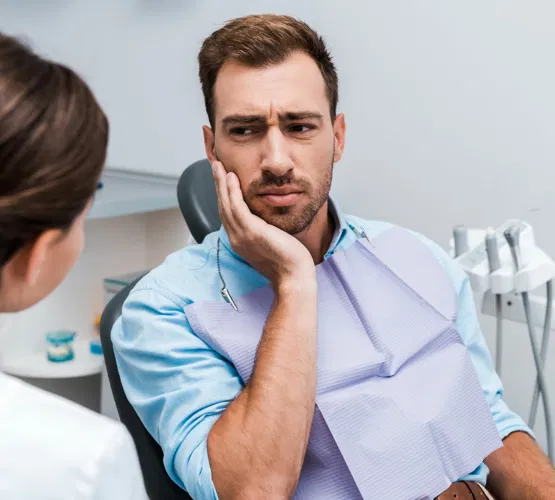” I have been a patient of Dr. Gutt and his outstanding team for more than 15 years. I had some issues at the time of my initial visit and between the exam, cleaning, and treatment I received, I knew I chose wisely when selecting South Florida Periodontal. Dr. Gutt is extremely competent and always provides completely detailed explanations on treatment, follow-up care, and patient self-care. His entire staff has remained intact the entire time, and they are a model of consistency, dependability, and integrity, with a genuine personal touch. This was reaffirmed after a dental procedure I needed while on an extended trip out of state. With little time to search, I ended up at one of those “factory” dental offices in that city. There was simply no comparison. “
Dennis Cassa

